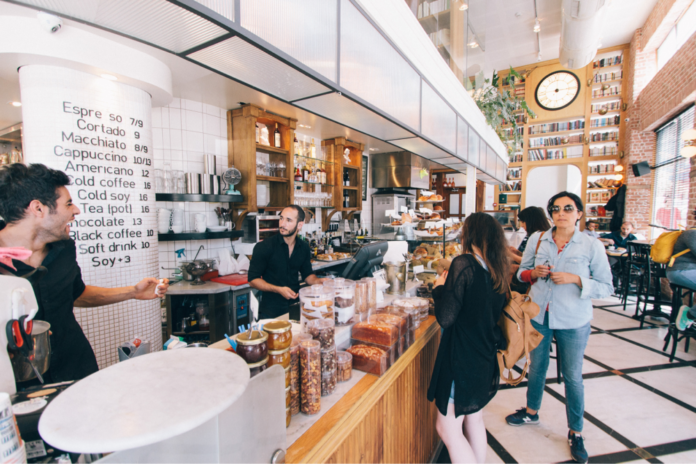Welcome back! Last week we covered a short introduction to the six resilience dimensions in the hospitality business. In this week’s article, we are covering the first two dimensions: financial and operational resilience.
Financial resilience: “better save than sorry”
With the unexpected event of Covid-19 spreading globally, the hospitality industry practically came to a stop in 2020. Hotels, restaurants and bars suffered incredible revenue losses which forced some owners to close their business. The only benefit we can reap from it is that we can be prepared for the next wave. The ability to endure or recover from a financial shock is called ‘financial resilience’. Therefore, a solid capital position and sufficient liquidity are crucial to withstand rapid drops in revenue or increased costs [1]. A few fundamentals here:
- Make strategic forecasts. Develop a plan with achievable goals and be clear about what you’ll need to make the plan work.
- Have an extended cash flow forecast for the next six months and build in a safety net so you can adjust for higher costs or reduced revenue.
- Build a reliable and regular income by putting in place an advanced revenue management system for setting hotel room rates or dynamic pricing models for restaurants to respond to market developments quickly [2].
- Last but not least, apply for any tax refunds and other financial relief measures available [3].
Operational resilience: “ready to ride that rollercoaster”
It cannot be denied the damaging effect the pandemic has had on the operations of hospitality businesses. Unexpectedly, the sector had to deal with unprecedented disruptions in its daily operations. From temporary closures, to sudden staff shortages, rising costs, unpredictable supplies of some foods, reduced capacity and restricted (international) tourism. The hotel industry showed great adaptability, for example by converting hotel rooms into Covid-19 hospitals, quarantine facilities, or potential workspaces. Some restaurants developed alternative income streams through takeaways, third-party delivery and online ordering. The pandemic revealed the importance of agility in business. But how?
- Asses vulnerability [4]: what if a new wave of Covid-19 cases imposes new restrictions on your company? What are the biggest risks for the operations of your company?
- Look critically at different aspects of your organisation and identify opportunities to improve and maximise your operations. Ask yourself are your current opening hours still profitable?
- Look into financial services that can help your business be successful. For example, control and optimise the flows of orders through takeaways, third-party delivery, online ordering and orders within the restaurant itself, based on the bandwidth of the kitchen and restaurant [5].
- Given the nature of the pandemic, safety and hygiene measures are now a key priority. Think about contactless, express check-in, which make the processes quicker, easier and safer for guests. Or a permanent outside takeaway window.
- Use of a QR code. Who would have thought?! The QR code has proved its functionality during the pandemic. Imagine a complete order-and-pay-at-the-table experience that enables the waiter to act more as an advisor to the guest within the restaurant.
- The inclusion of robotics in various tourism and hospitality operations are expected to become commonplace. Especially, robotics in guidance, cleaning, kitchens, airports, hotels and deliveries [6]. This innovation challenge was for example embraced by Mercantile Hotel in New Orleans [7]: “It has a state-of-the-art robot butler that can deliver the newspaper to a guest’s room in the morning, hand over welcoming nibbles on arrival and even mix drinks.”
- Be flexible: have policies in place that will allow guests to rebook, reschedule and receive a full refund.
Next week we’ll dive further into how businesses can build technological and organisational resilience.
Written by Emma Holthuis and edited by Rosa Quarato, Andrea Cattaruzza and Sarah Wixey
References and further reading
[2] https://www.foodinspiration.com/nl/9-dingen-over-de-prijzen-in-de-horeca/
[4] https://hospitalityinsights.ehl.edu/hospitality-resilience-uncertain-times
[5] Hospitality in the Post COVID-19 World By Professor Peter Jones , Dean of eHotelier Academy. https://insights.ehotelier.com/announcements/2020/05/07/new-report-hospitality-in-the-post-covid-19-world/
[6] Ivanov S.H., Webster C. Designing robot-friendly hospitality facilities. Proceedings of the Scientific Conference “Tourism. Innovations. Strategies”2017:13–14. [Google Scholar]
[7] https://hospitalitytech.com/how-are-hotels-adapting-and-innovating-during-covid-19



